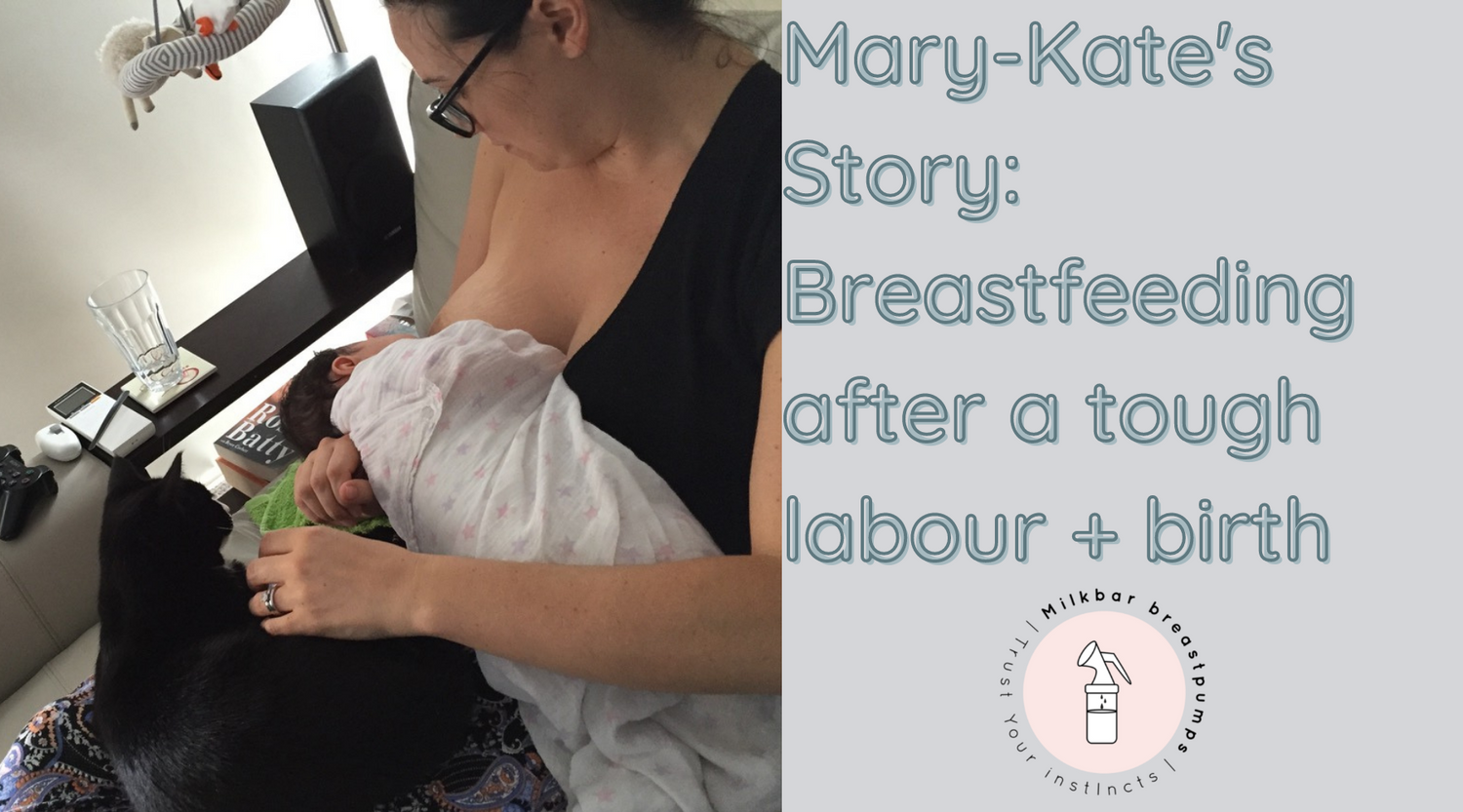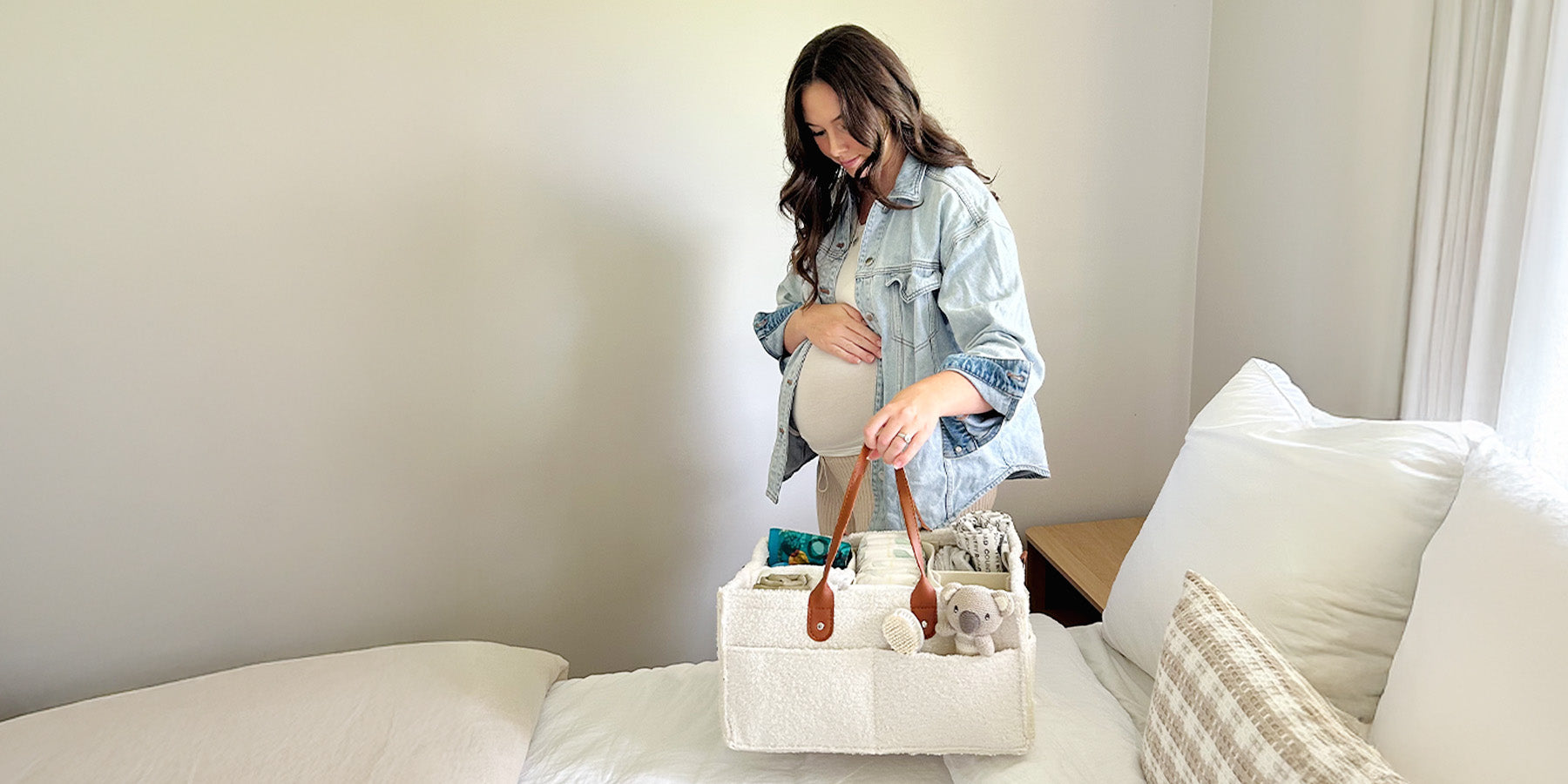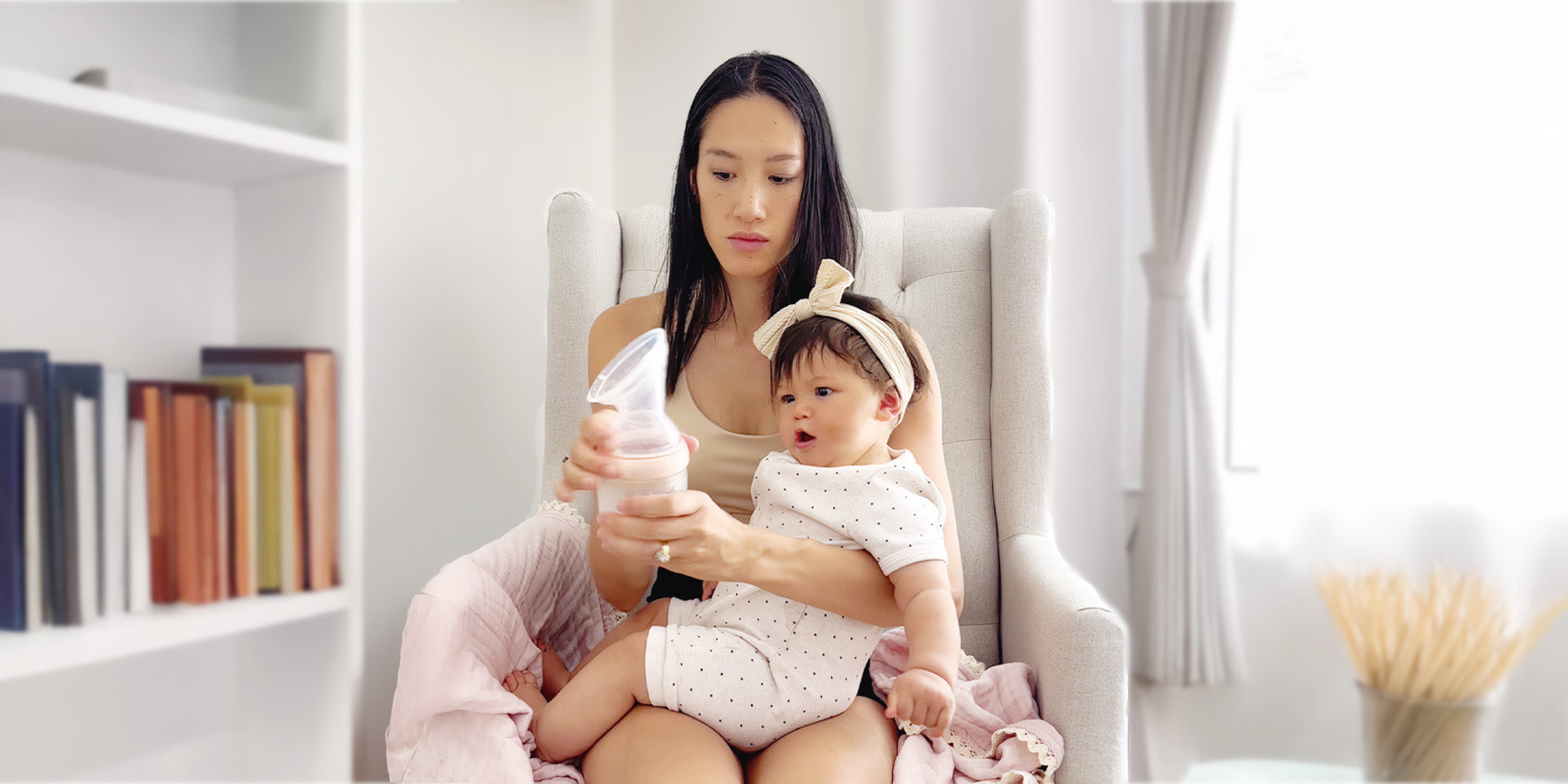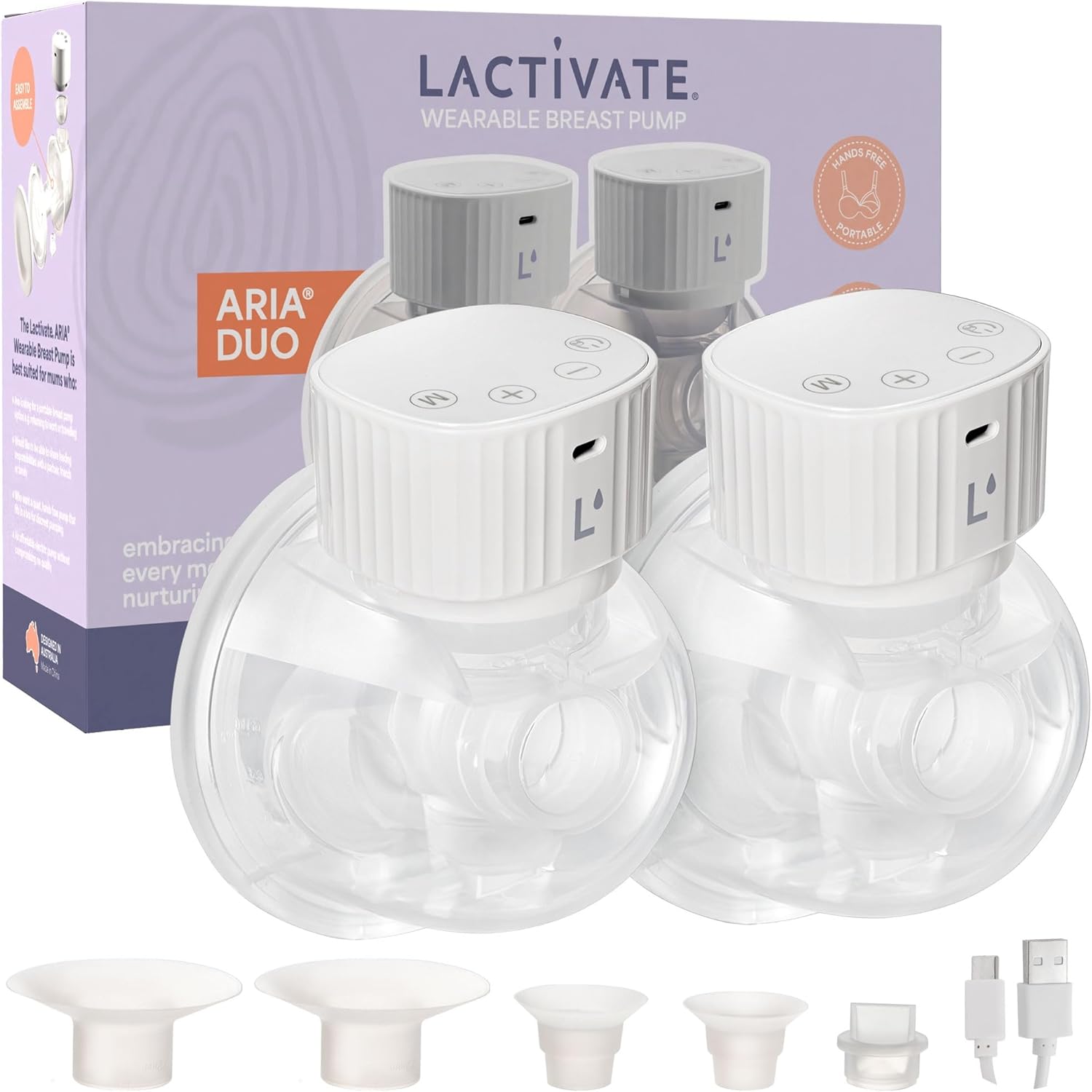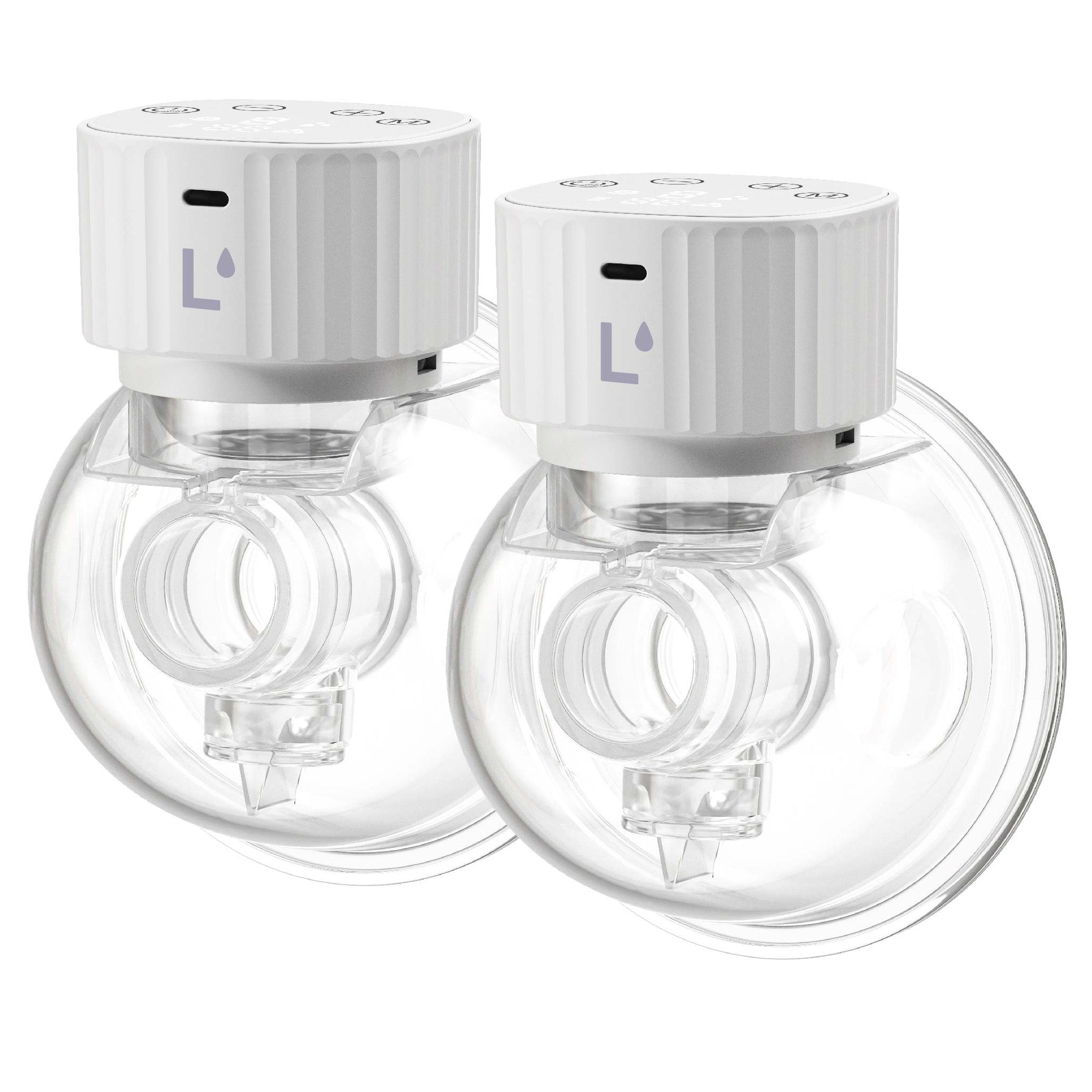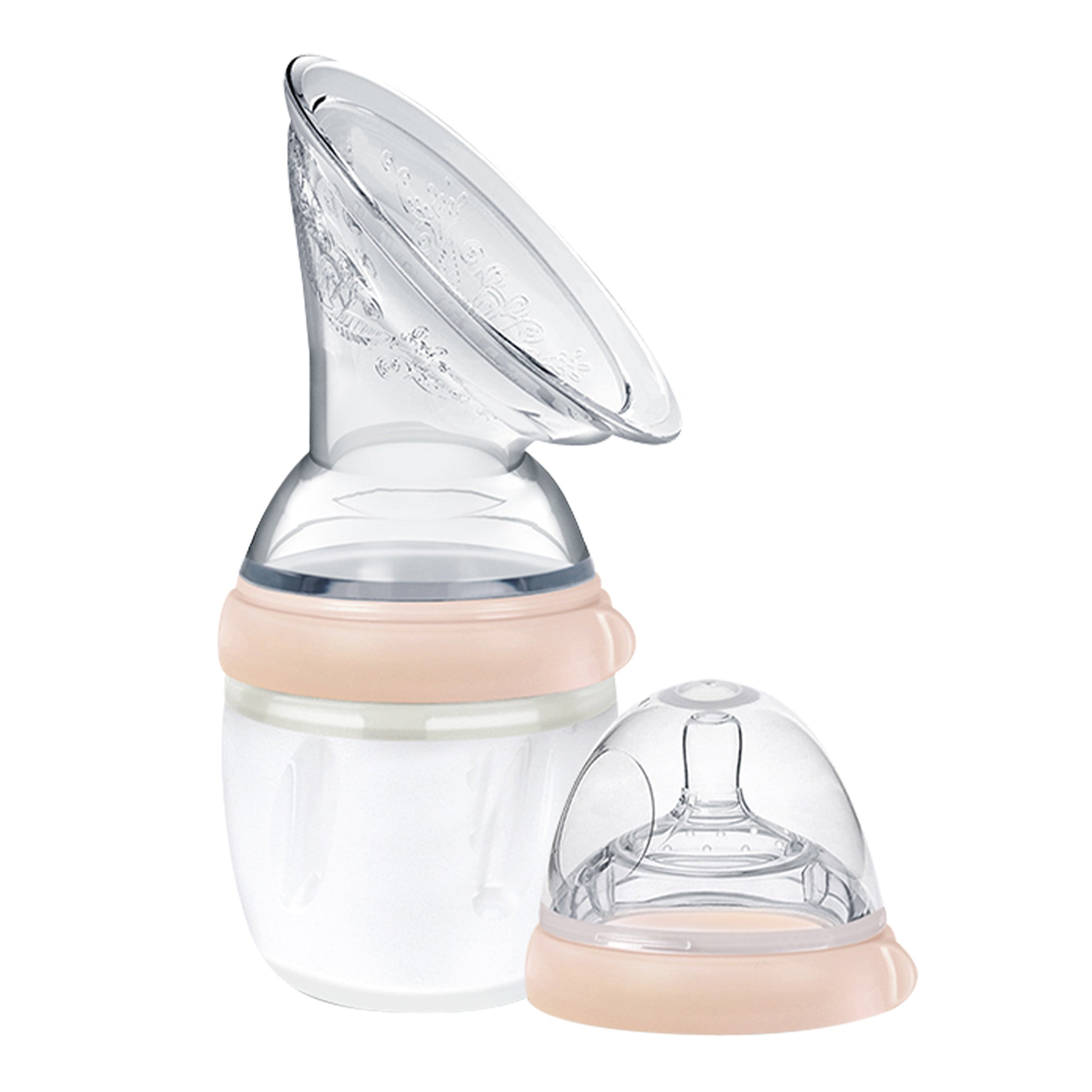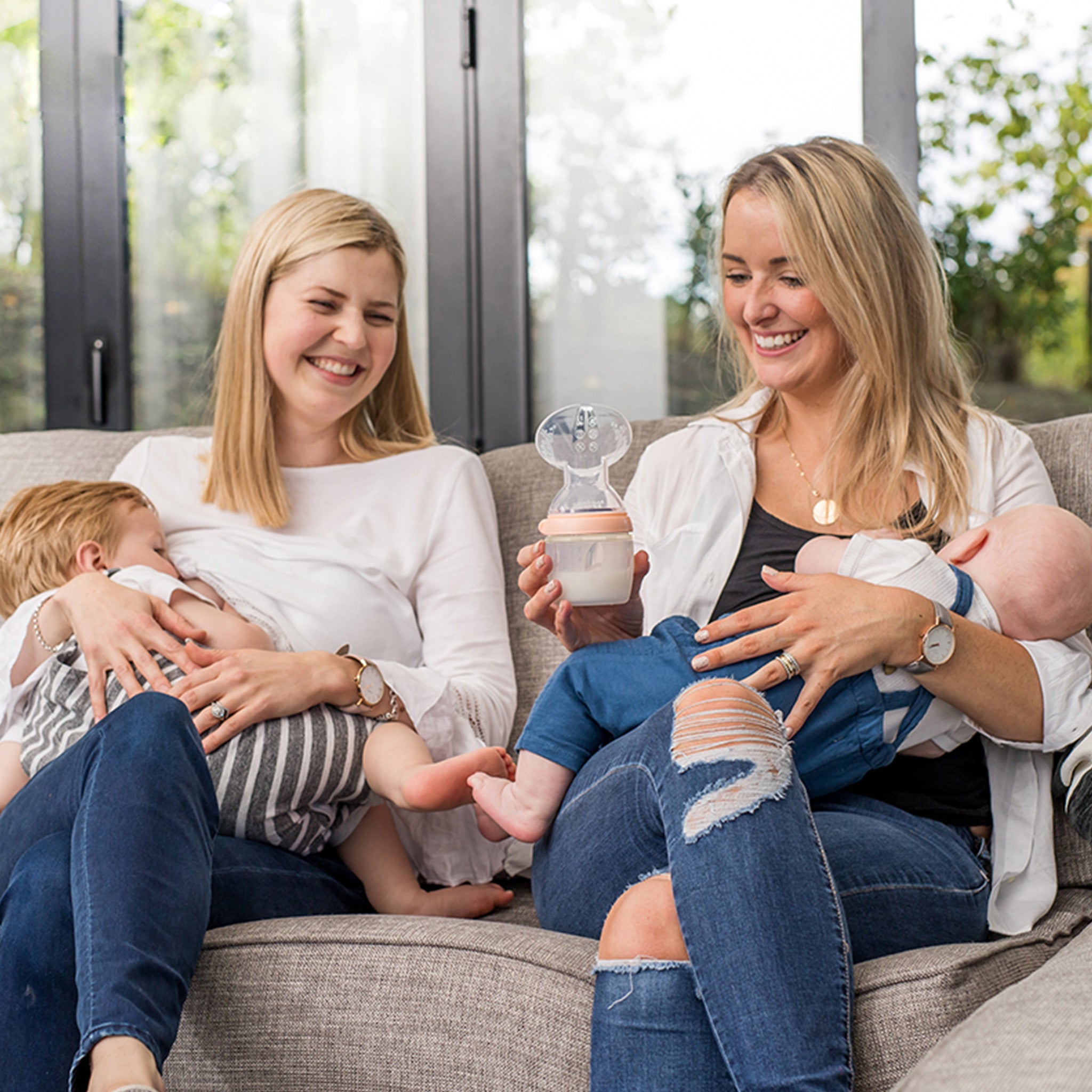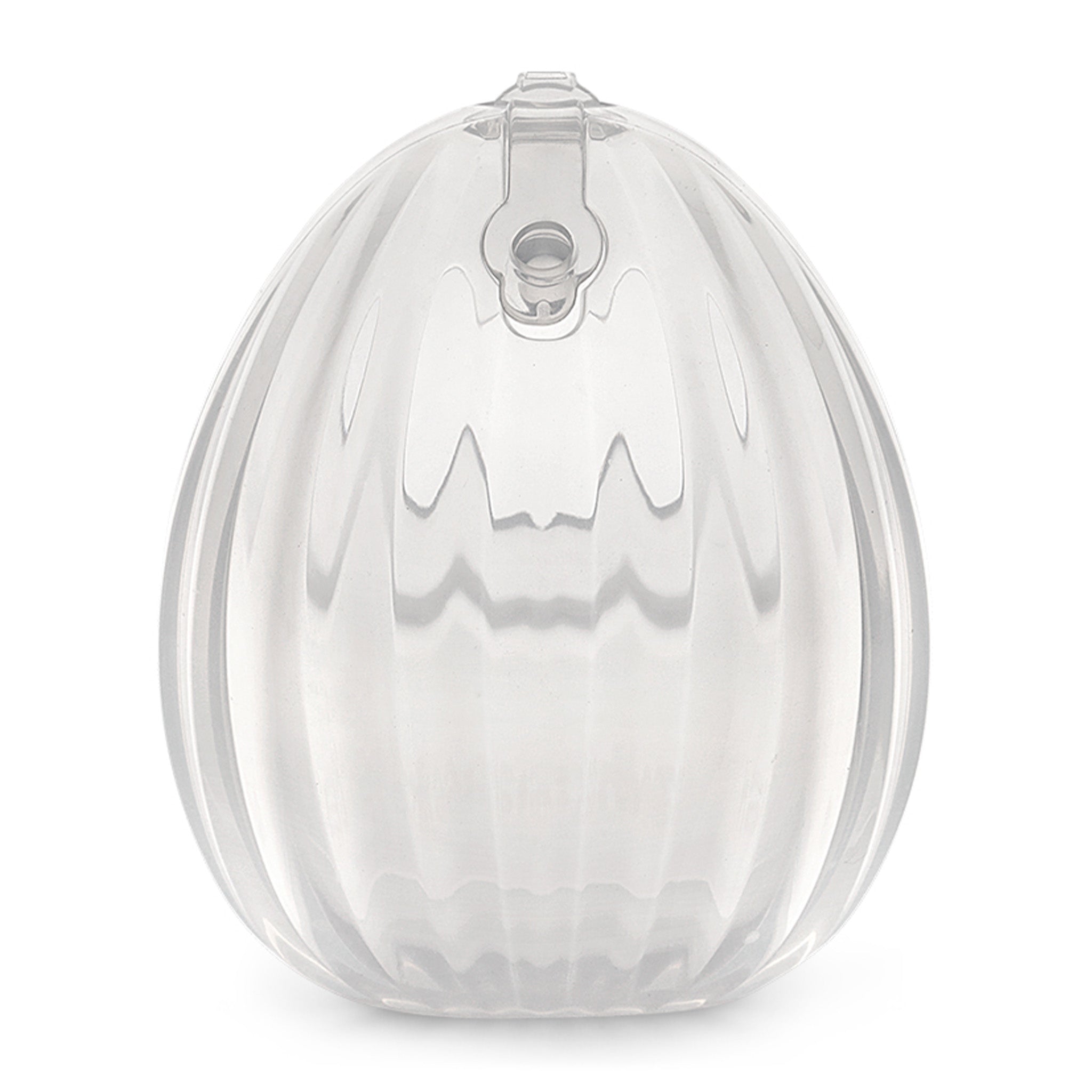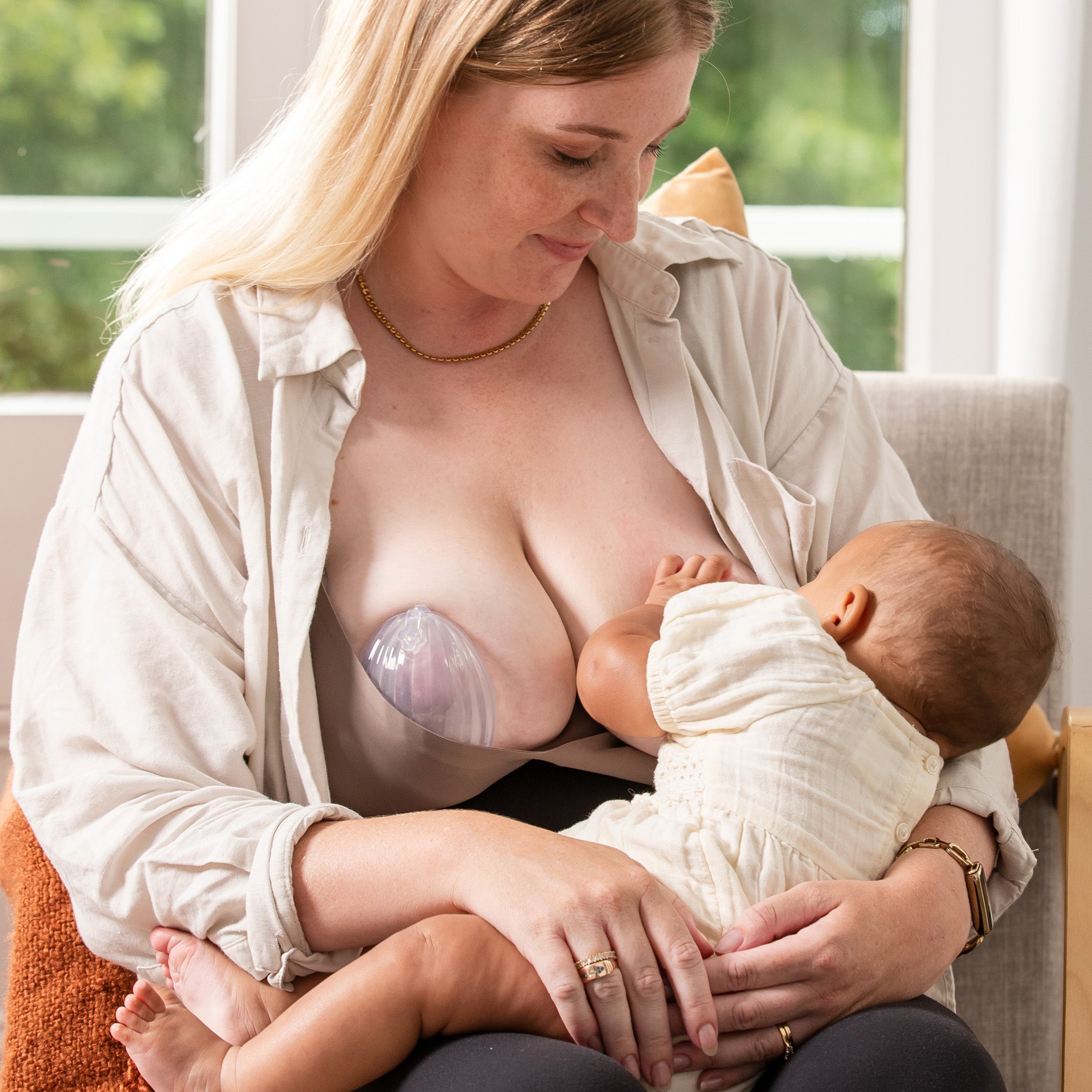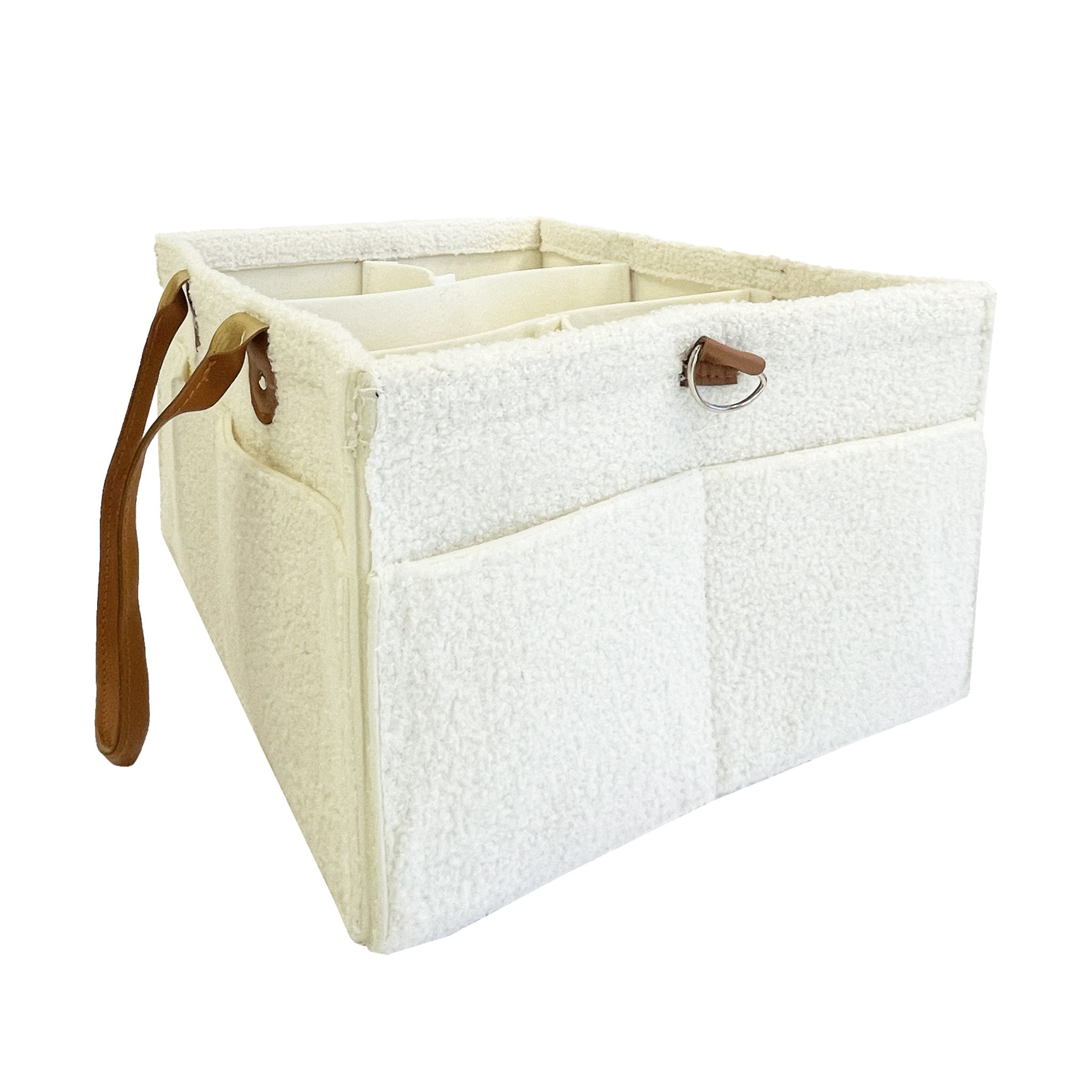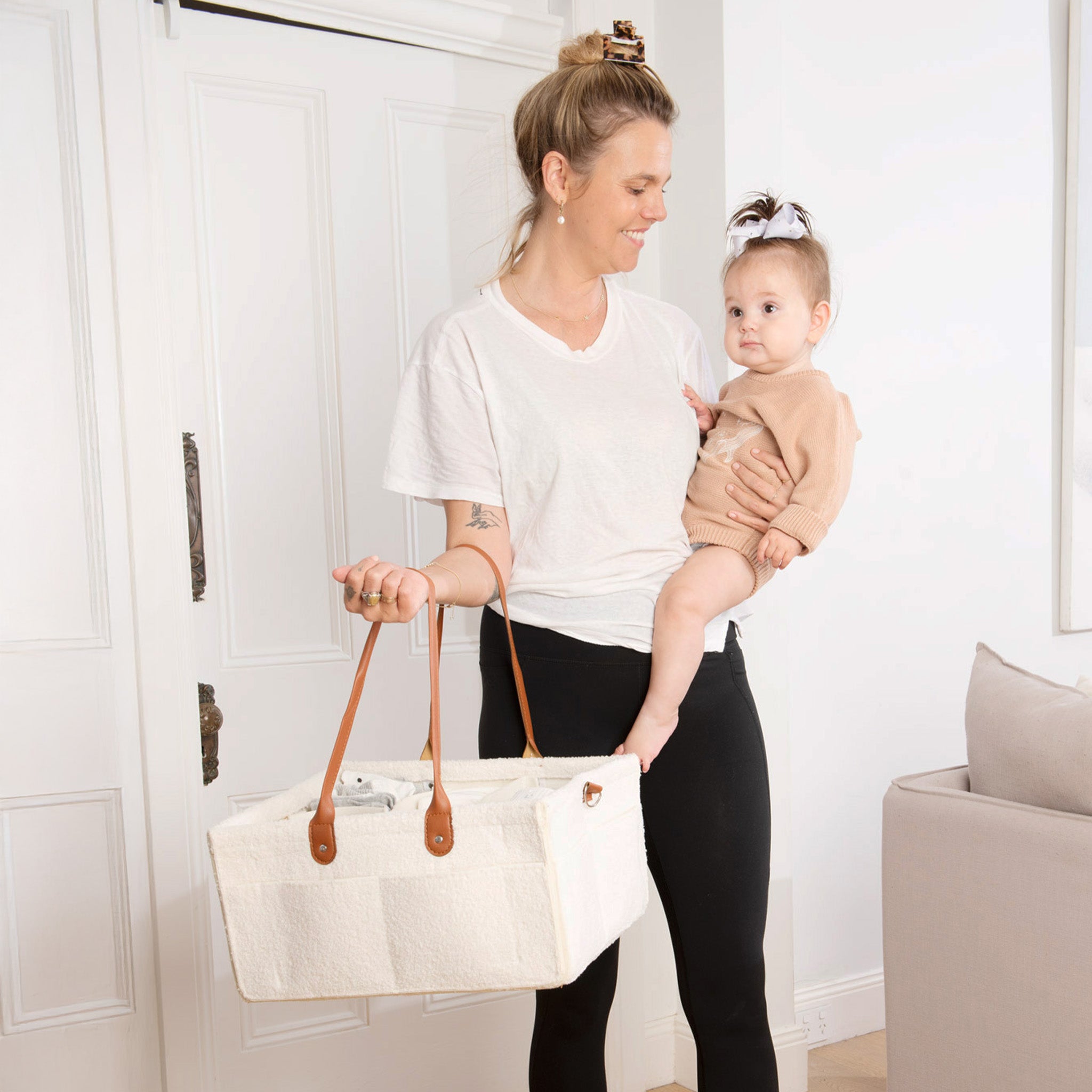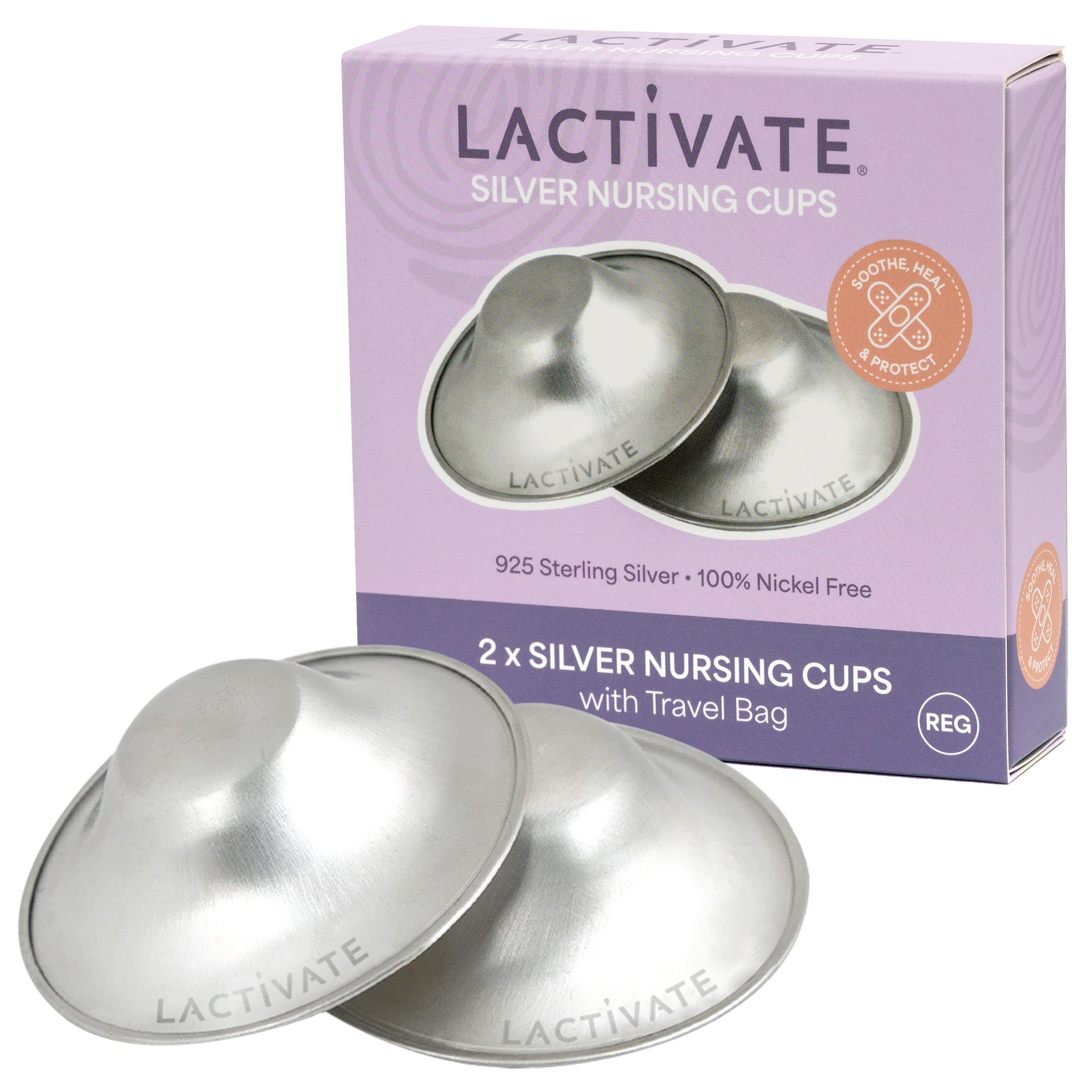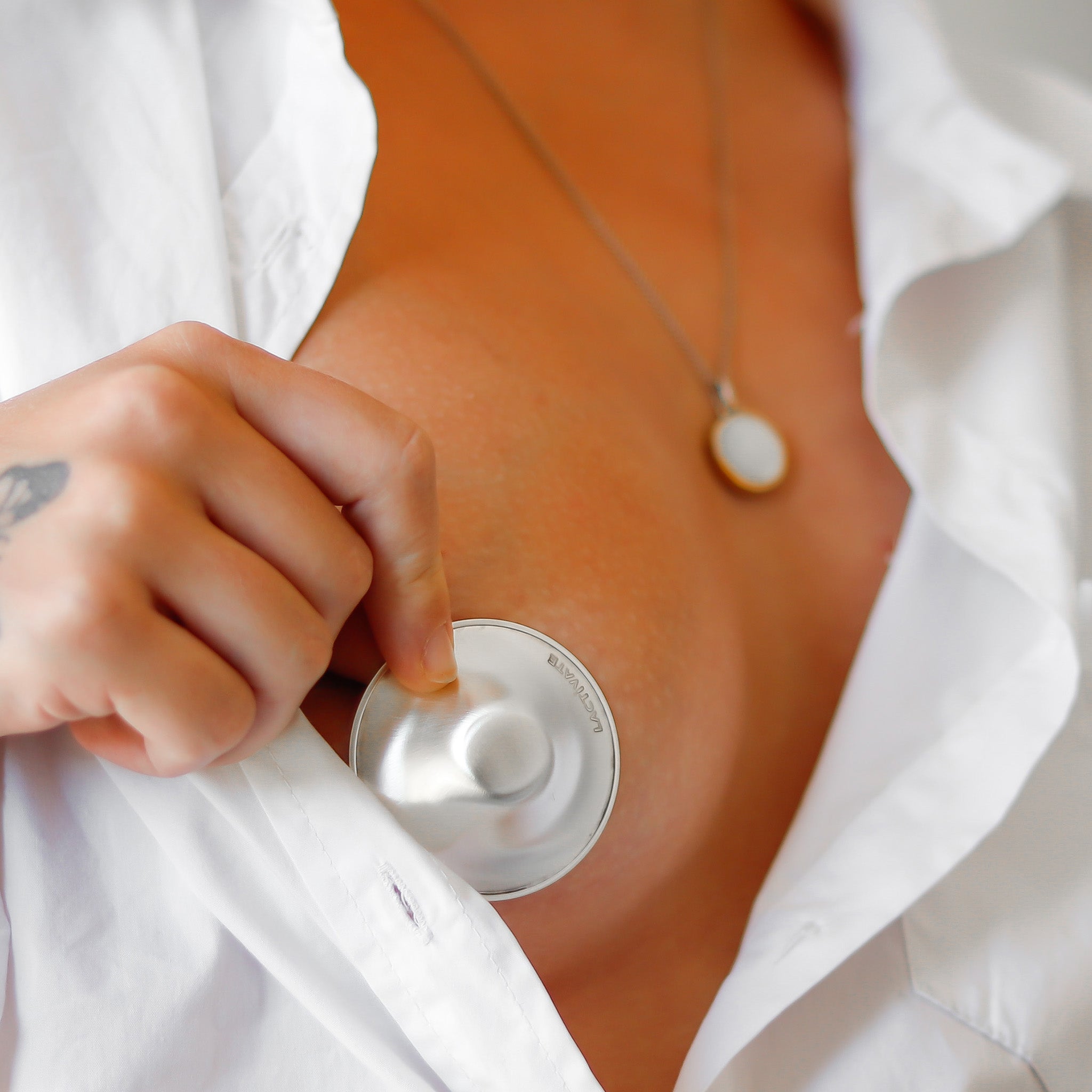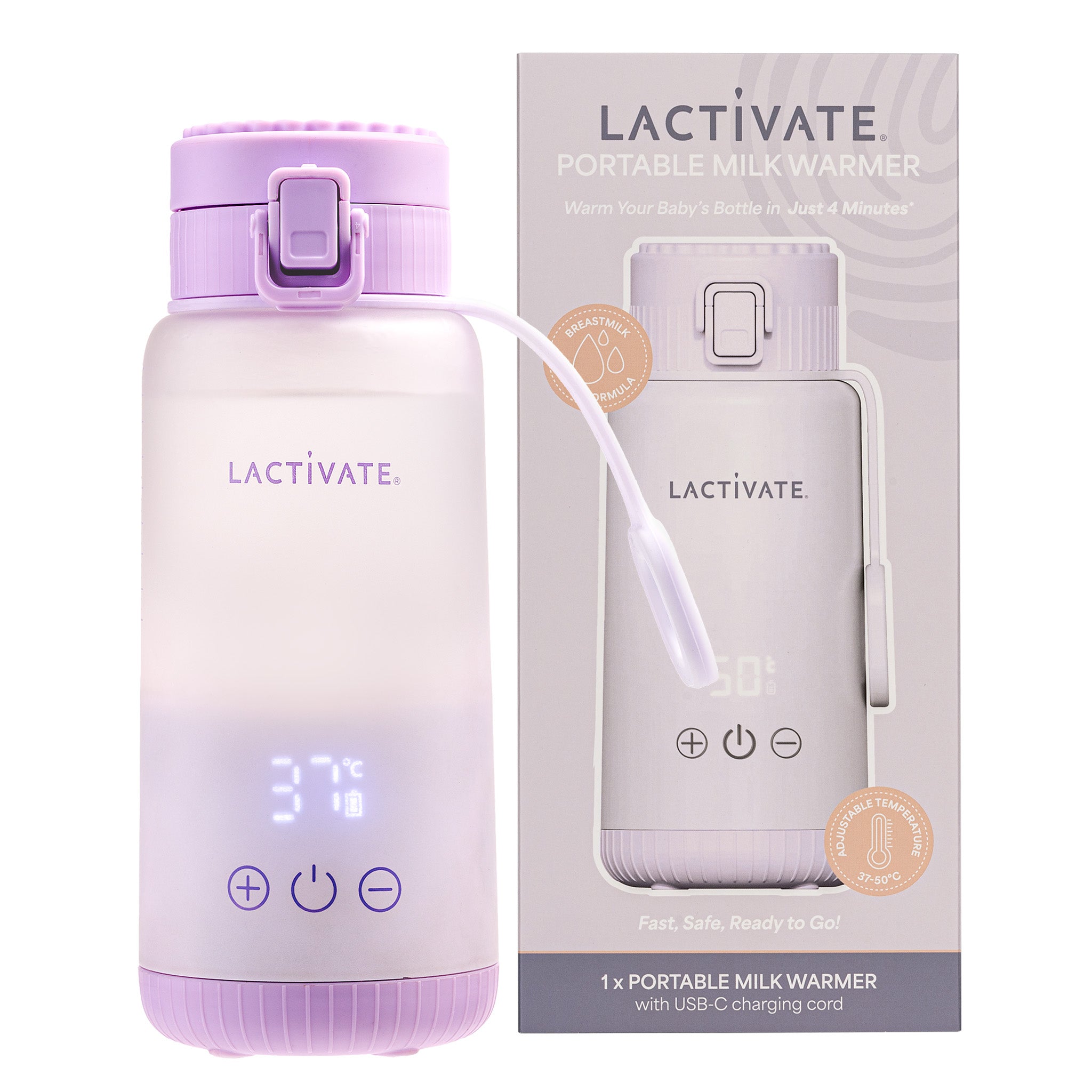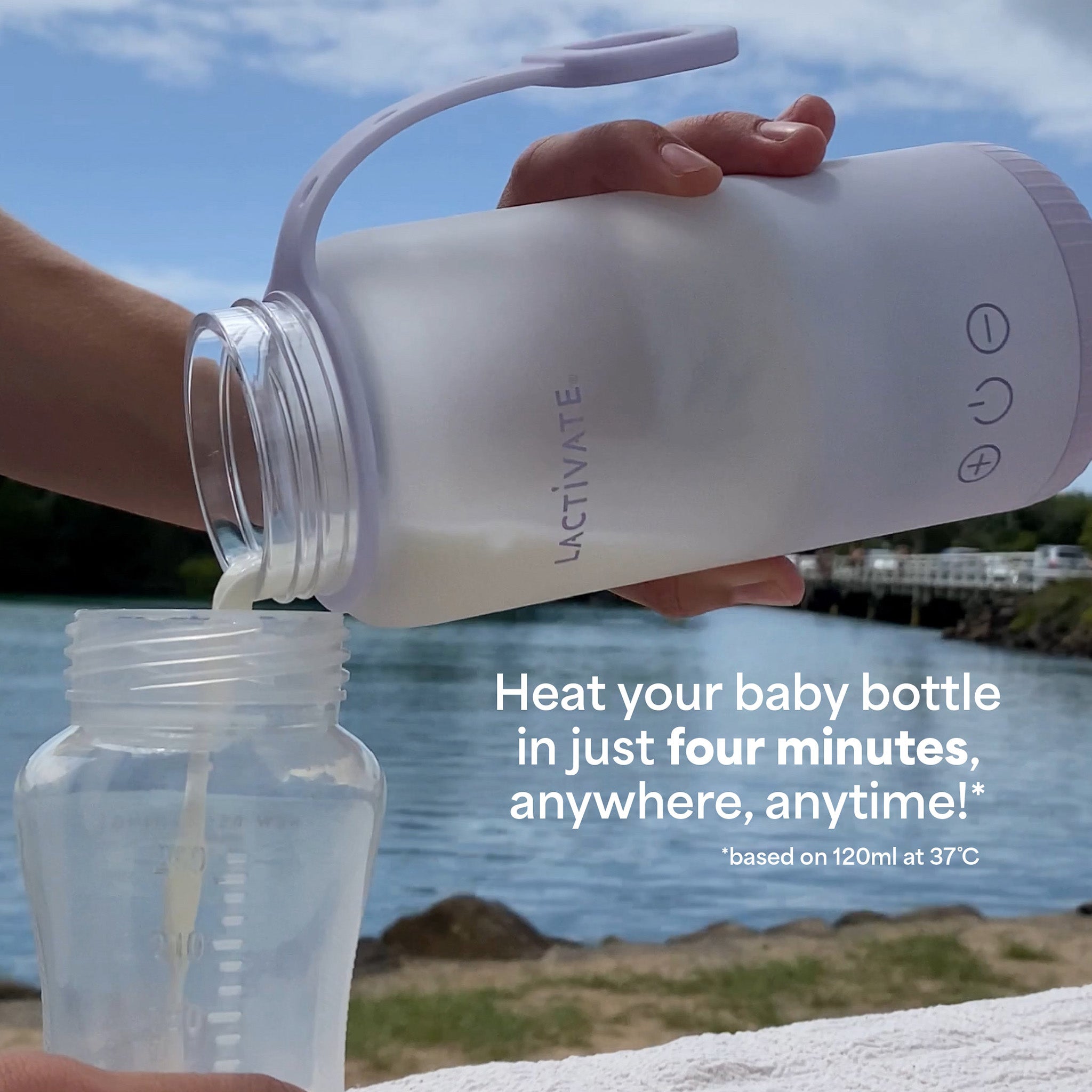Welcome back to our 'Milkbar Mamas' series where we speak to women all over Australia about how breastfeeding unfolded for them because nothing #normalisesbreastfeeding more than writing, speaking and sharing all things boobin' related.
From first time mamas to exclusive pumpers, those battling over and under supply, tongue ties, mastitis and everything in between, we are SO excited to share their words and experiences with you. We hope these stories will inspire, give you some tips for your own breastfeeding experience and help those walking a similar path to feel less alone.
Mary Kate's Story: Breastfeeding after a tough labour and birth
As a Child and Family Health Nurse and the second youngest of a large family all of whom were breastfed, Mary-Kate always intended to breastfeed her first child. A very long and challenging labour and birth and baby with a super-powered suck however made the road to successful, pain free breastfeeding a rocky one.
The early days
One of the most challenging parts of breastfeeding in the early days can be learning a brand new skill in the aftermath of one of the most exhausting events of your life; labour and birth. This was Mary-Kate's experience after the birth of her first child, Elise. "After a very long and challenging labour my daughter arrived safely and took to the breast straight away," Mary-Kate remembers. "She had an incredibly strong suck and loved being on the breast and as a result my nipples were damaged very quickly." It can sometimes take a little bit of time before your milk arrives, especially after a long and/or traumatic labour and Mary-Kate found that this was the case for her with her milk finally arriving on day 4 after birth.

The milkbar is open
Mary-Kate remembers how relieved she was when her milk came in. "I will never forget the joy of my milk coming through on Day 3-4," she recalls. "I wasn't able to manage the breast pump at this time, and so, desperate to collect this much awaited precious liquid gold I took some empty bottles into the the bathroom crouched down on all fours (much like a cow), and collected the milk as it free-flow dripped from my breasts." The things we do when we become mamas! While things started to improve, there were still a number of hurdles to overcome.
Two steps forward, one step back
While things slowly began to improve, Mary-Kate found that it was a slow process. In the initial weeks, Mary-Kate was using a combination of methods to feed baby Elise to try and give her damaged nipples time to heal. "I was feeding from one breast per feed and expressing from the other to “rest and express”, offering top-ups of EBM in a bottle and then syringe/spoon/cup as Elise quickly preferred breast over bottle," recalls Mary-Kate. She was also working to repair her nipples, which, due to Elise's super strong suction, felt like they were being dragged over a cheese grater." Hydrogel Breast Discs chilled in the fridge, Lanisoh ointment and massaging my own milk into my nipples and letting them air-dry were all lifesavers," says Mary-Kate. There was also the odd blocked milk duct (in Mary-Kate's words; "an excruciating pain I'll never forget") along the way but, thanks to Mary-Kate's clinical knowledge, she managed to prevent mastitis before it took hold.
It all comes together
It took about 7 weeks for Mary-Kate to reach a place where she felt relaxed, confident and pain-free while feeding. To get to this point, Mary-Kate remembers a lot of deep breathing, feeding in bed and taking it a feed at a time." It was a tough beginning but I was able to persist and reach my breastfeeding goals through the love and support of those around me," she says. "I sought help, through NSW Child and Family Health with 1:1 feeding appointments, the breastfeeding support group and a referral to the family care cottage for further help, the Australian Breastfeeding Association, through friends who had breastfeed their children, my mother and my very kind husband."

It reminded Mary-Kate just how critical support is for new mums, and not just in the very early days, but in the weeks after birth when breastfeeding is properly established. "Without the ongoing support I received, I may not have been able to maintain and continue to breastfeed my daughter for the 18 months that I did," says Mary-Kate. Mary-Kate now shares her breastfeeding experience with friends and clients to help raise awareness that every breastfeeding journey is different, and that, while it may be 'natural', it doesn’t always happen naturally which is why support is so important.
For more breastfeeding stories, resources, support and advice, visit the Milkbar Blog.

